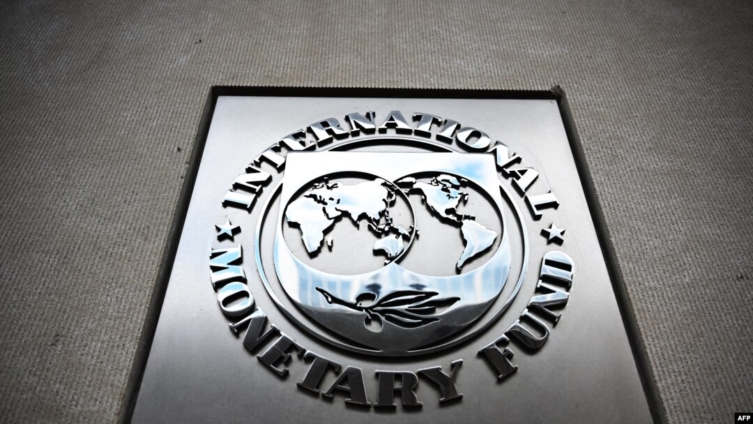The International Monetary Fund has revealed in its Third Review of the Economic Credit Facility programme that the energy sector is a major source of fiscal risk in Ghana,
According to the Fund, the sector had an estimated stock of arrears (“legacy debt”) of US$2.1 billion or 2.8% of Gross Domestic Product (GDP) at the end of December 2023.
This included the debt perimeter of the Debt Sustainability Analysis for Independent Power Producers and private fuel suppliers.
In addition to the outstanding arrears, the Fund said every year the sector is unable to generate enough resources to cover the cost of generating and distributing energy, thus incurring a deficit (“the energy sector shortfall”).
“This situation has originated from a confluence of factors—including weak governance, significant system and revenue collection losses, high fixed costs, and tariffs significantly below cost recover”.
Since its inception, the Fund-supported programme focused on reforming the energy sector to put it on a financially-viable footing. Specifically, the programme envisages the steadfast implementation of a comprehensive strategy to curb arrears’ accumulation and clear legacy debt under Ghana’s Energy Sector Recovery Programme (ESRP), as well as periodic tariff reviews by the Public Utilities Regulatory Commission to ensure that tariff pricing decisions timely reflect developments in the cost of energy (cedi exchange rate, inflation, fuel and power generation costs).
The ESRP aims at preventing further accumulation of arrears through government payments (included in staff’s baseline); ensuring timely payment of Ministries Departments and Agencies bills and renegotiating power purchase agreements with IPPs to reduce capacity charge; increasing gas consumption to close the supply gap; v) adopting a least-cost fuel procurement strategy and improving payment mechanism via establishing national gas clearing house and imposing the use of a cash waterfall mechanism (CWM).
In addition, the Fund-supported programme has been designed to create the necessary budget appropriations to cover the energy sector shortfall—and hence in principle avoid accumulation of new arrears—and to create space for gradual repayment of legacy arrears by the government.
Energy sector shortfall to exceed programme levels
Despite these efforts, the Fund said the energy sector shortfall will exceed programmed levels in 2024, adding pressures on Ghana’s public finances.
It expects that the shortfall will be 0.6 percentage points of GDP larger than projected at the time of the 2nd ECF Review.
This will bring the estimated total shortfall to 2.2% of GDP this year.
Latest Stories
-
BoG cracks down on currency counterfeiters, calls for public vigilance
22 minutes -
Emergency MPC meeting will not result in new policy rate – BoG Governor
49 minutes -
Mahama pledges public university, roads, and hospitals for the Northeast Region
1 hour -
Commissioner-General of Ghana Boundary Commission calls on GCAA to formally introduce himself
2 hours -
From Mistrust to Meaning: IPR Ghana Reflects on Role of PR in 2025
2 hours -
Registrar Andrews Boateng honoured as he retires from KNUST
2 hours -
GNPC disburses scholarship funds for 2023 and 2024 academic years
2 hours -
Energy Minister rallies support for enhanced efficiency at Ghana Gas
2 hours -
UNESCO Urges Africa to embrace Quantum Technology
2 hours -
What the Rocket Classic reveals about the state of the PGA Tour in 2025
3 hours -
Chief of Staff Julius Debrah rallies corporate Ghana for Joy Sports Invitational 2025
3 hours -
Cedi can rival dollar if Ghanaians restore trust, says BoG governor
3 hours -
Swedru police burn 10 wee ghettos; 4 arrested
3 hours -
ICU Ghana elects new youth leaders at 6th National Quadrennial Delegates’ Conference
3 hours -
Ghana to participate in maiden ANOCA School Games in Algeria
3 hours

